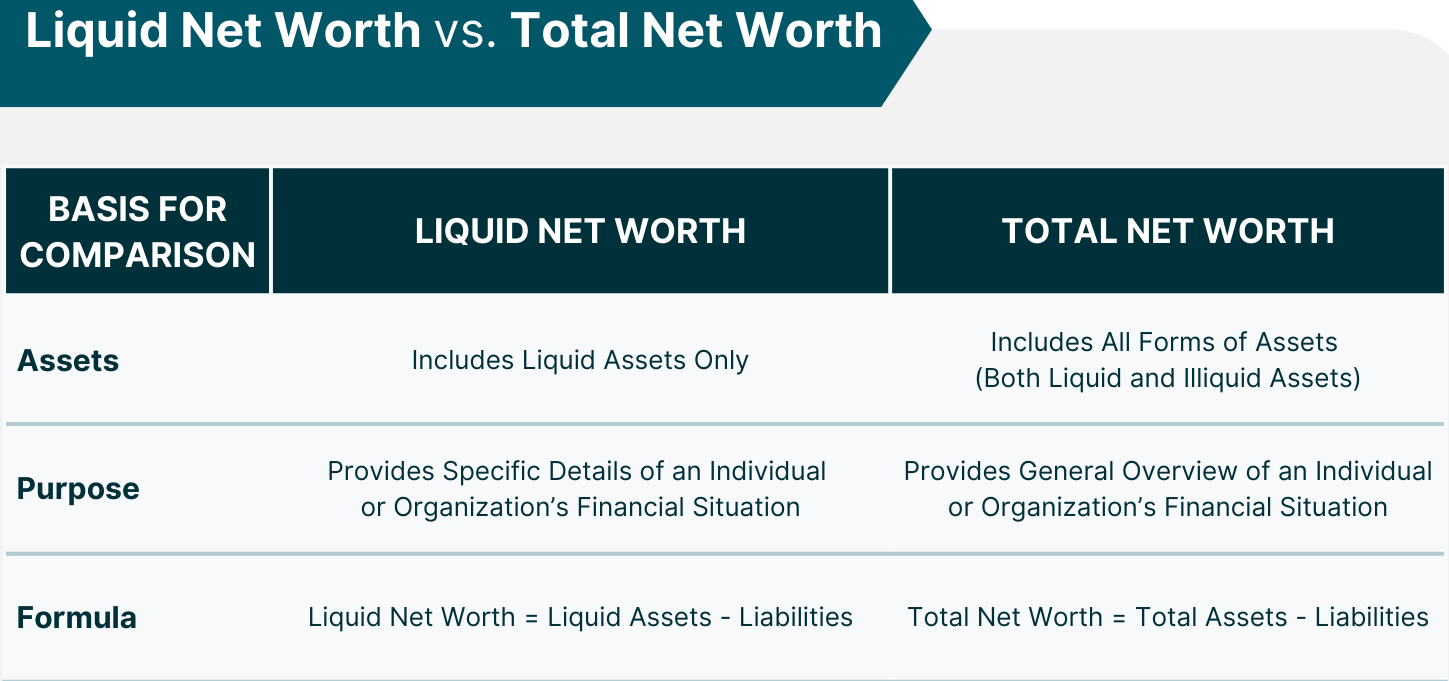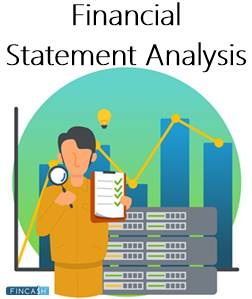Kisan Vikas Patra (KVP)
Kisan Vikas Patra (KVP) The Kisan Vikas Patra (KVP) serves as a modest savings program provided by the Government of India, with a core focus on encouraging long-term financial resilience among Indian populace, particularly in rural regions. Features of Kisan Vikas Patra (KVP): 1. Purpose: Kisan Vikas Patra was introduced with the aim of… Read More »









